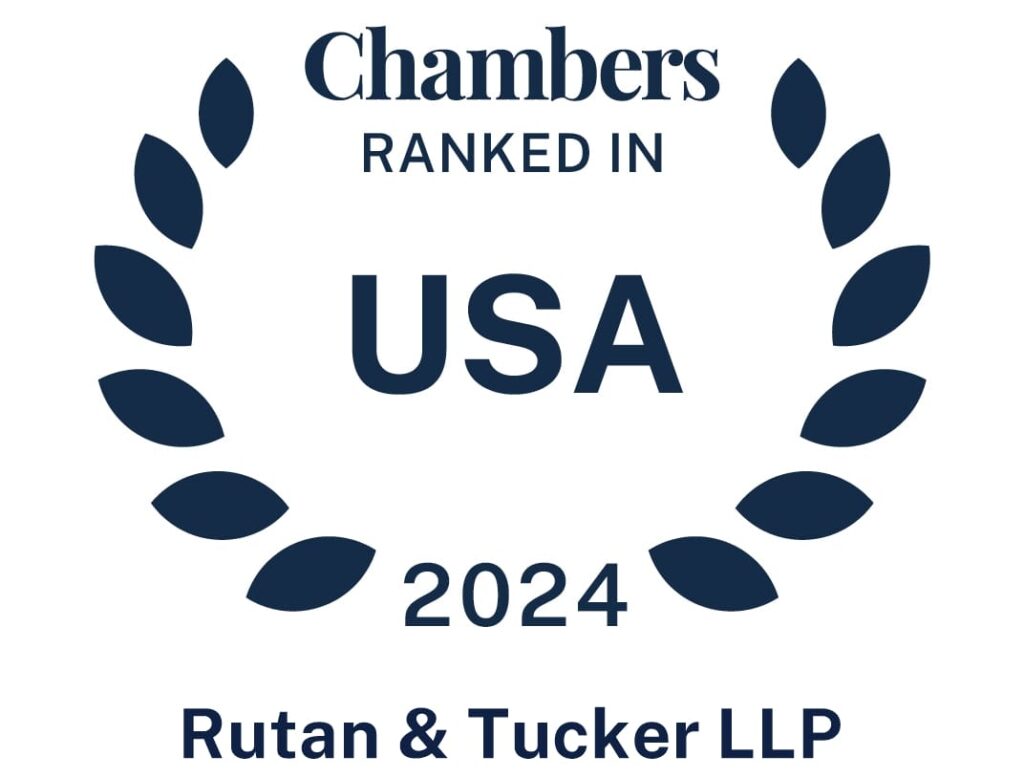Jim Morris was quoted in an October 18, 2016 article on Society for Human Resources Management (SHRM) about the rising trend of California’s minimum wage. Starting Jan. 1, 2017, the minimum wage that companies with at least 26 employees must pay will increase from $10 to $10.50 an hour. Afterward, it will rise a little every year, until it reaches $15 in 2022.
Morris said the legislation will limit job opportunities. “My impression is that it simply will narrow the funnel for taking in entry-level people going forward,” Morris said.
Another focus for businesses: prices. Morris said although some employers believe that the price increases can’t be supported, others are raising prices. “Where they think they can pass along the legislatively imposed wage increases, they will do so,” he said.
And, Morris said, businesses worry about the possible domino effect of the higher minimum wage. If an experienced employee now makes $10.50 an hour, and an entry-level worker also will make $10.50 as of Jan. 1, the employer might feel compelled to bump up the pay of the first employee to ensure that there’s some distinction between the pay of the workers. The alternative would be to risk employee dissatisfaction, he noted.



